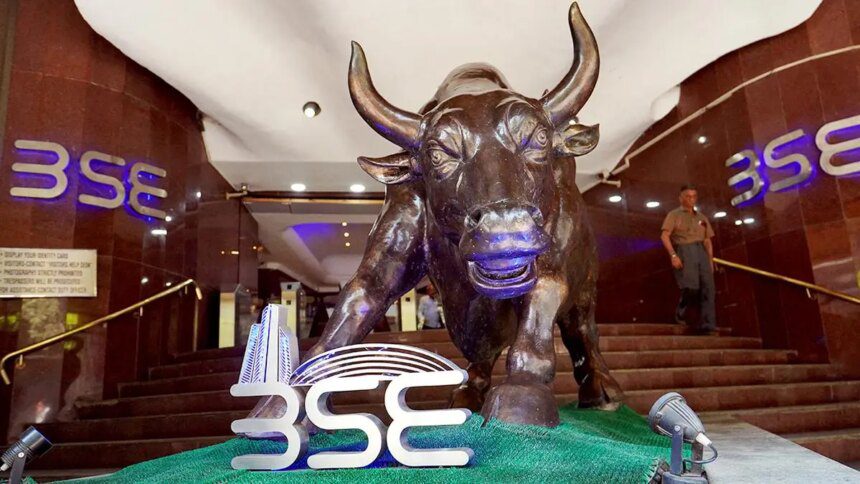A regulatory crackdown on India’s options market is contributing to a surprising resurgence for BSE Ltd, challenging the dominance of its larger rival, the National Stock Exchange of India Ltd (NSE). Recently, BSE has been increasing its share of index contracts on expiration days, which are critical because most trading occurs as investors adjust positions. Since mid-July, the options premium turnover on BSE during expiration days has consistently represented 50% or more of total contracts traded, rising from 35% in April.
Over the past year, India’s options market has changed dramatically as the Securities and Exchange Board of India (SEBI) has sought to curb rampant speculation that has cost retail investors billions. Earlier this month, BSE shifted its derivatives expiration day from Tuesday to Thursday—a day previously occupied by NSE. Now, the NSE opts for Tuesdays for its contracts, providing BSE with a unique opportunity.
“Thursday has always been the traders’ festival day,” remarked Ponmudi R., CEO of stock broker Enrich Money. “NSE leaving that slot was like vacating a prime-time TV show. BSE stepped in, and so far, they’re getting the ratings.”
India has emerged as the world’s largest derivatives market by contracts traded, spurred on by a surge in demand from retail investors attracted by low-cost brokerages and gamified trading apps. To mitigate excessive speculation, SEBI initiated a stringent crackdown last November. This included eliminating popular contracts, like the weekly NSE Nifty Bank Index option, and raising minimum trade limits.
Despite NSE managing nearly 80% of total derivatives contracts traded, these changes have significantly impacted its performance. According to reports, NSE’s monthly options premium turnover fell by more than 40% through August compared to the month prior to the regulatory curbs, while its market share during BSE expiration days has declined from approximately 65% in April to around 45% this month.
Analysts at HDFC Securities predict further market share gains for BSE, attributing this trend to the Thursday expiration shift. Traders are beginning to view Sensex options as “event contracts,” particularly surrounding macroeconomic data releases or central bank meetings later in the week, according to Ponmudi.
“BSE is emerging as a serious contender in the expiries segment, chipping away at NSE’s longstanding lead in weekly contracts, at least for now,” said Chandan Taparia, head of derivatives and technical analysis at Motilal Oswal Financial Services.
The NSE introduced derivatives at the turn of the century, initially expiring on Thursdays. As its offerings expanded, so did the frequency of expiries, reaching as many as four days per week at one point. However, responding to the regulator’s pressure, NSE consolidated its expiries to Thursdays, before switching to Mondays to counter BSE’s growing influence on Tuesdays—a strategy quickly reversed as SEBI compelled both exchanges to pick either Tuesday or Thursday, with the NSE ultimately opting for Tuesdays.
The legal skirmish between SEBI and Jane Street Group LLC over options trading on expiration days has drawn international attention to India. SEBI has implemented further restrictions this month and announced in August its intention to extend the tenure of derivative products. BSE’s stock price has decreased by 32% from its June record high amid concerns regarding the regulatory impact.
While liquidity in BSE options remains limited beyond near-the-money strikes, each Thursday that BSE surpasses NSE in turnover undermines a decades-old narrative of NSE’s dominance. “The real test will be if BSE can hold its momentum for four months, not four weeks,” Ponmudi cautioned.










